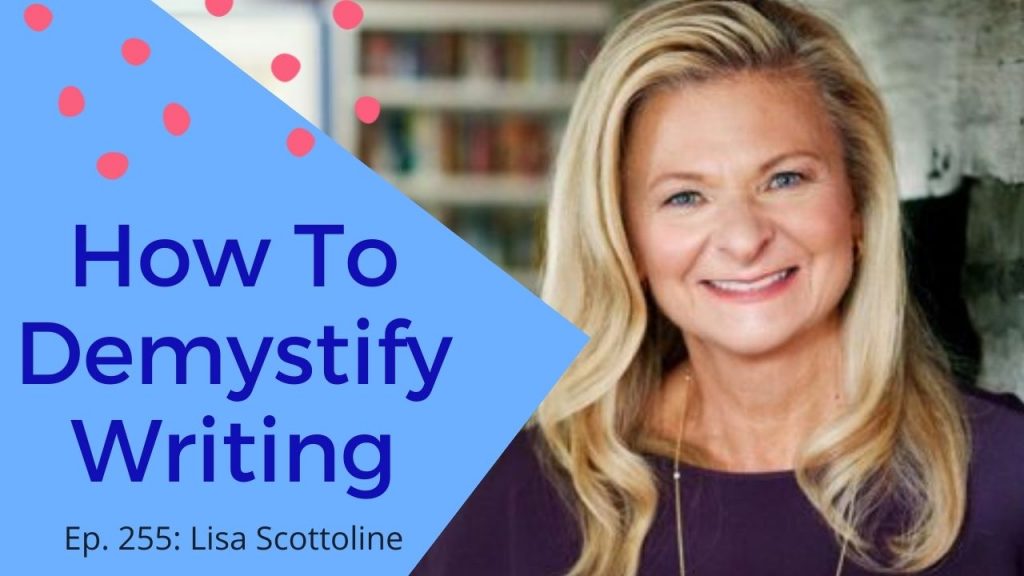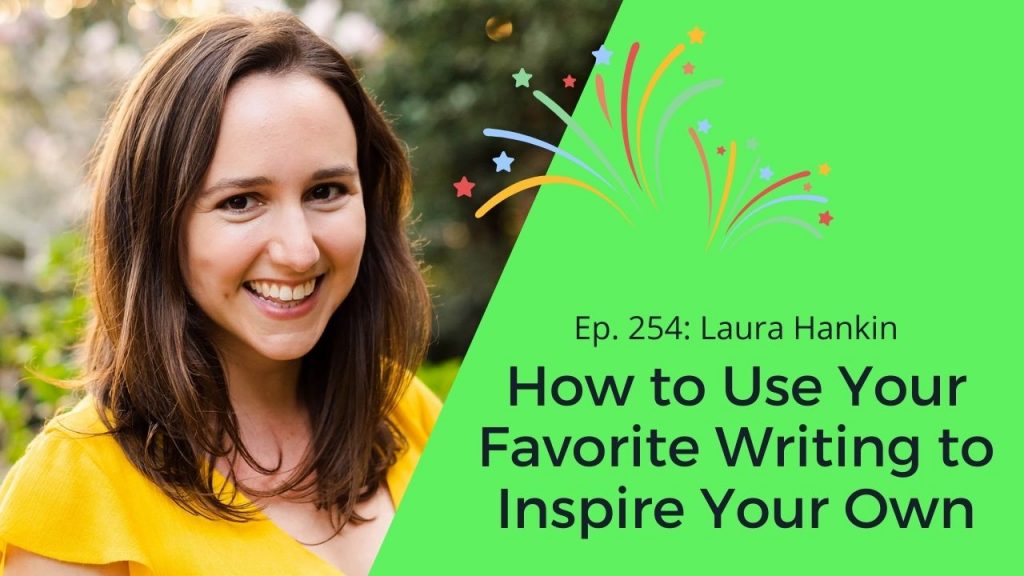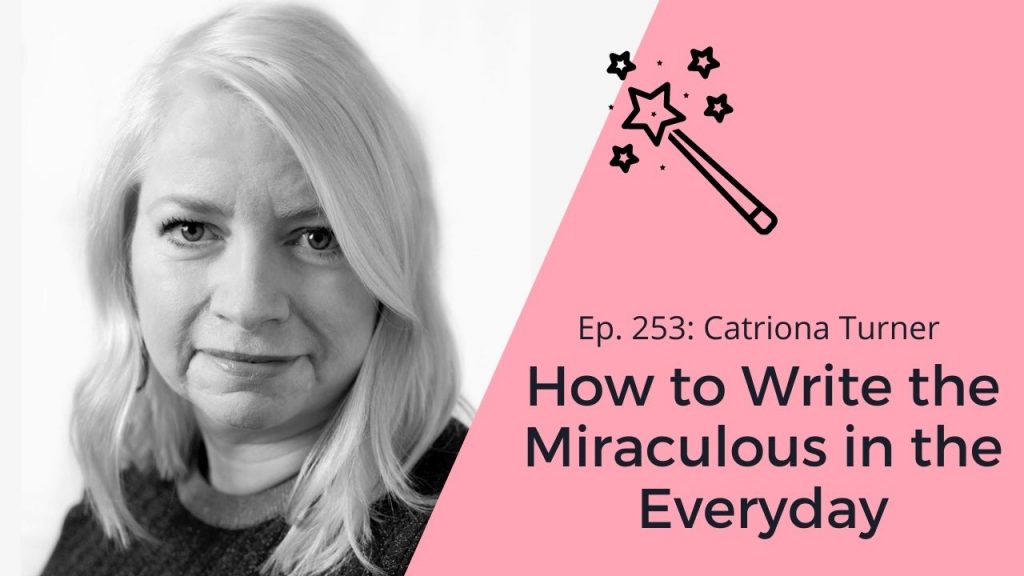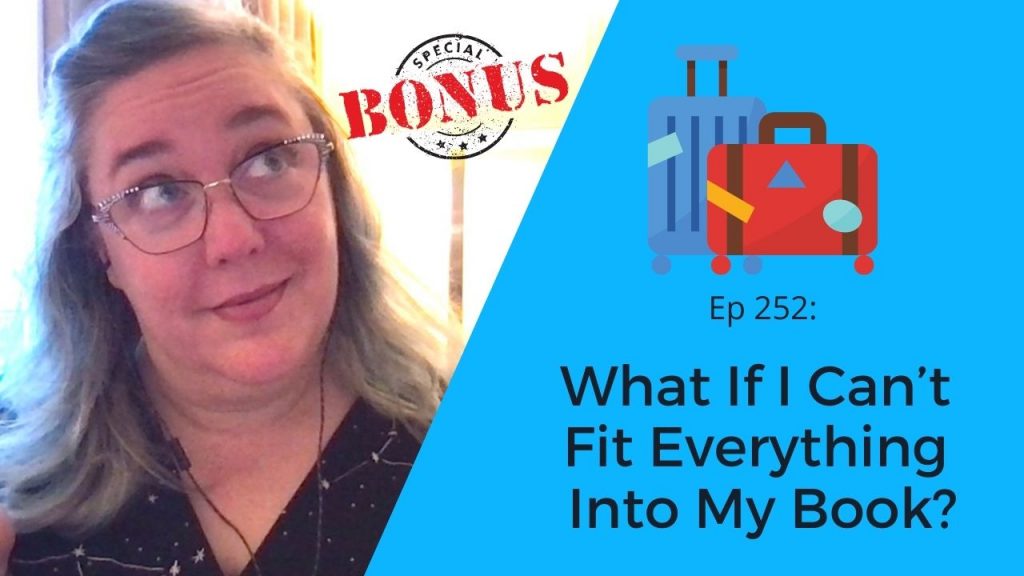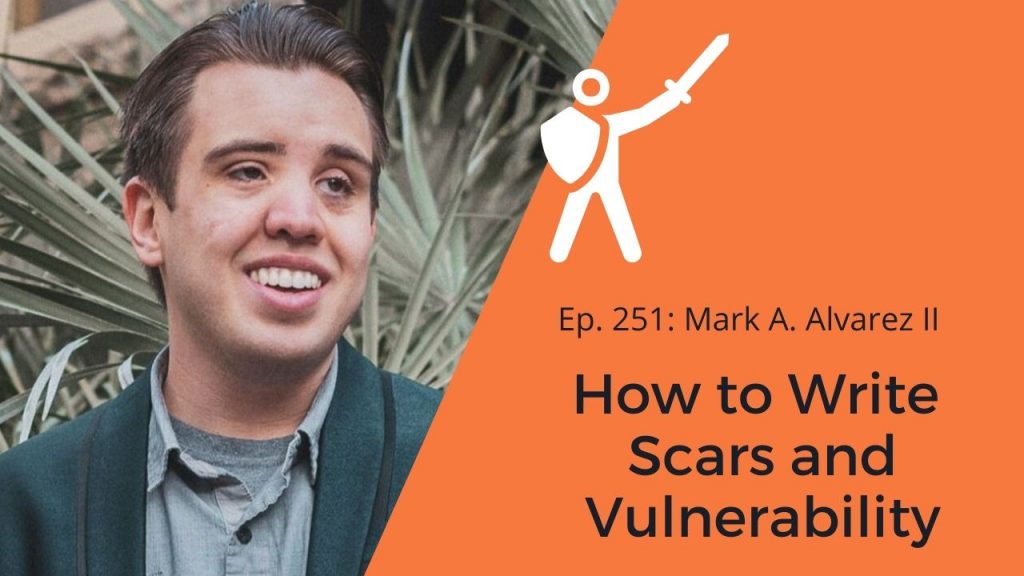In this bonus miniepisode, Rachael talks about how to create plot twists for a good mystery, and what should I do if I’m about to miss a deadline?
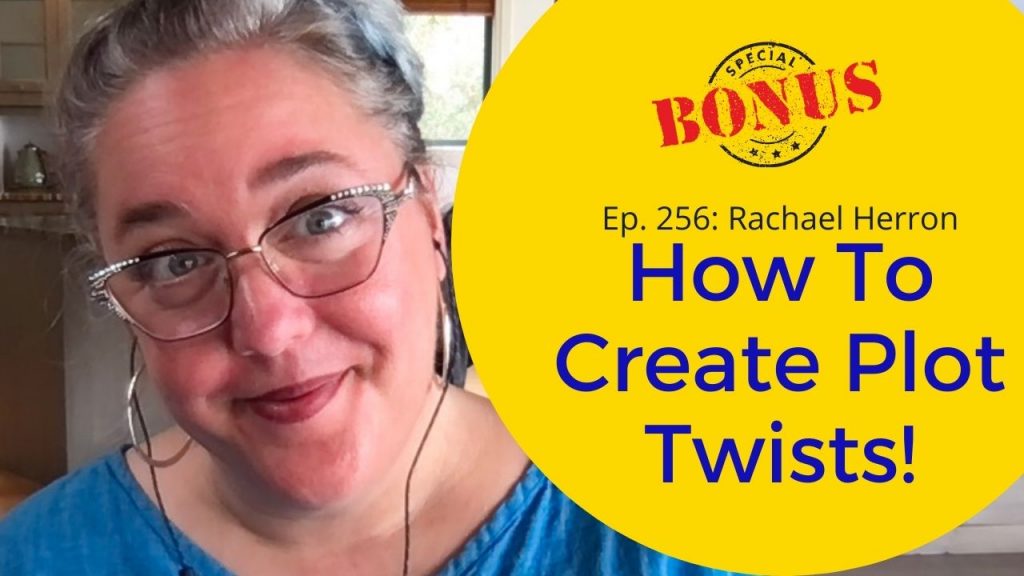
Transcript:
[00:00:00] Rachael Herron: Welcome to “How do you Write?” I’m your host, Rachael Herron. On this podcast, I talk to authors about how they write, what their process is and how their lives fit together. I’ll keep each episode short so you can get back to writing. [00:00:16] Well, Hello writers! Welcome to episode #256 of “How do you Write?” This is a bonus mini episode. This is well, it’s for everybody and that’s the cool thing about these bonus mini episodes. But if you would like to send me questions, if you would like me to be your coach, you can send me any question you want about anything. If it’s dirty, I’m not going to answer it. But other than that, there’s nothing off limits. Preferably about writing, but whatever semi questions, that’s at the $5 a month and up level over at patreon.com/Rachael and you can become part of that. And I really, it really means a lot. Plus, you get all the essays that I write and sometimes I record them in there just for patrons. So you can go look at that, but in the meantime, let us jump into the two questions that we have here. [00:01:06] All right. First this is from Kate, and Kate says, “Hi, Rachael! I love your podcast. And so excited to be a new patron and able to get your advice. Thank you, Kate. I am working on my first manuscript, a middle grade kid, detective story. Side note, that sounds awesome. I’m having trouble with plotting out the story because I am simultaneously learning to craft a compelling story and trying to figure out how to write a mystery with clues and red herrings and twists and turns. There’s lots of resources out there for plotting story structure, and I’m using those as a guide, but I need advice on how to write an interesting mystery and layer in the clues and red herrings. I have a basic idea of who done it, but the story doesn’t feel very mysterious. It all seems really obvious who the bad guy is. I have had trouble finishing drafts. I’ve gotten halfway through five drafts now and back to outlining again because my previous mystery elements just weren’t working. And my biggest goal now is to actually finish a draft. I know some clues can be layered in later, but big tweak, twists seem like I need to know before I start writing because they affect story structure so much. Any advice you have on writing mysteries? Any resources you’d like to recommend to learn more? So I have advice and I have a strange resource for you. [00:02:24] First of all, congratulations on working on this. That sounds super exciting and so fun. I love that you’re writing it. Most of all, congratulations on determining that you will finish this. That is the number one thing that you have to do in a mystery or a thriller or any kind of suspense novel in order to figure out how to hide the stuff that you want to hide. And I know that you’re expecting me to say this, everyone listening to this who has ever heard me speak on any topic at all is expecting me to say this, but it all can be finished in revision. And more than that, it has to be finished and fixed in revision, inside revision, you are not going to get the great ideas about how to hide twists that you haven’t even thought of yet until you write the whole book. The answers to those questions will come to you as you are writing the crappy first draft. And the crappy first draft is the one that telegraphs to the entire world who the killer or the bad guy is for this. I’m not sure if you have a killer and, why I hope you do. That’d be fun. Ignore that. You can have one or not have one, but the person who did it, who did the bad thing, your first draft will have it pointed out like they’re lit up in neon. That is completely normal. I think I have told this story recently and I can’t remember where I told it, so excuse me, if I just told it on the podcast last week, but – I think it was in an interview. So you haven’t heard it yet. [00:04:04] For Hush Little Baby, the thriller that just came out. I wrote a full synopsis, a full treatment of everything that happened in it. And my agent went over it with me. My editor went over it with me, everyone approved, we all signed off on it. This was a great story. And it was going to be a complete mystery as to who the person was, who was the bad guy in this book. I wrote it, I wrote the first draft and it was the worst thing ever. And I wrote it to the synopsis that had been approved. And none of us, the three of us who are all professionals in the industry had not seen in the synopsis that what I was writing was an aero to the person who was the bad guy. It didn’t have the twists that I came up with after I wrote the first draft and knew what I was wrestling with. The final version had those twists, the final version had that person so well hid that I haven’t talked to anybody who figured it out. Early or easily, or at all when reading that book. But it took writing a terrible, terrible first draft that professionals had signed off on as a good idea. It was not a good idea. [00:05:20] It was a bad idea. It was a bad draft. It was a terrible draft. I had to take it completely apart, put it back together again with a new twist, new surprises. I actually changed the person who it was after the book was written and believe it or not, I changed everything. And I had to, because I wrote, I wrote it badly. Our brains are not smart enough to come up with big twists, big surprises when we’re just sitting at our desk and plotting, we have to be writing the book. We have to be really, learning from the book that we want to write in order to come up with that kind of brilliant, surprising, you think of it in the shower after you spent an hour working on it that day. You have to write the book first. So getting to the end of this crappy first draft, that’s all you need to do and then start revising. And then you will be figuring out what to do, but as to resources, here’s the best resource possible. You can read all the books you want. There’s a ton of ’em out there. Those have never helped me. What has helped me with writing? Suspense fiction has been plot lunches with other writers. And what I mean by that, is it doesn’t have to be a lunch. It doesn’t have to- you don’t have to be in person. You can do this over zoom, but everybody who’s listening to this podcast needs a community of writers around them, that you know, personally and who know what you’re working on. Please don’t critique your work with them ever. You know how I feel about that first drafts and even second drafts are too or just too fragile to share with people. [Read more…] about Ep. 256: How To Create Plot Twists